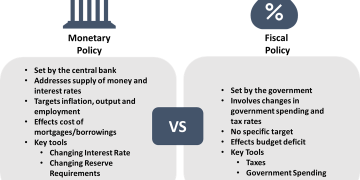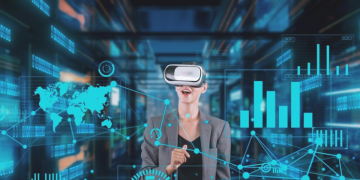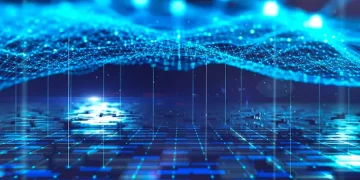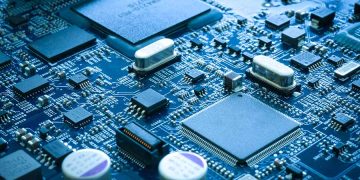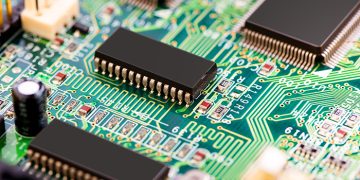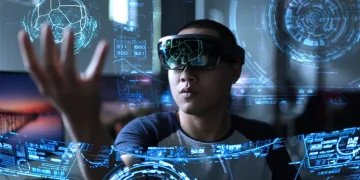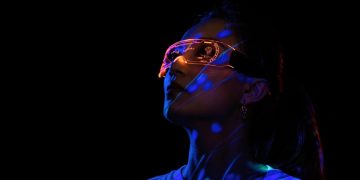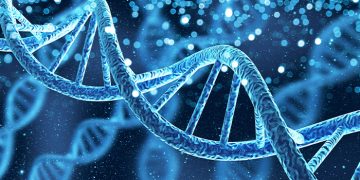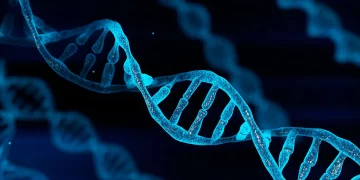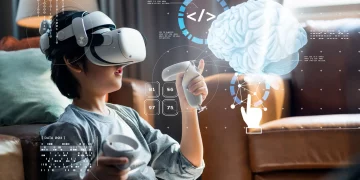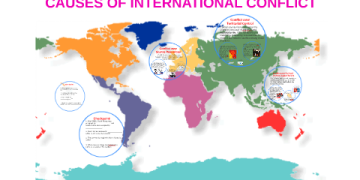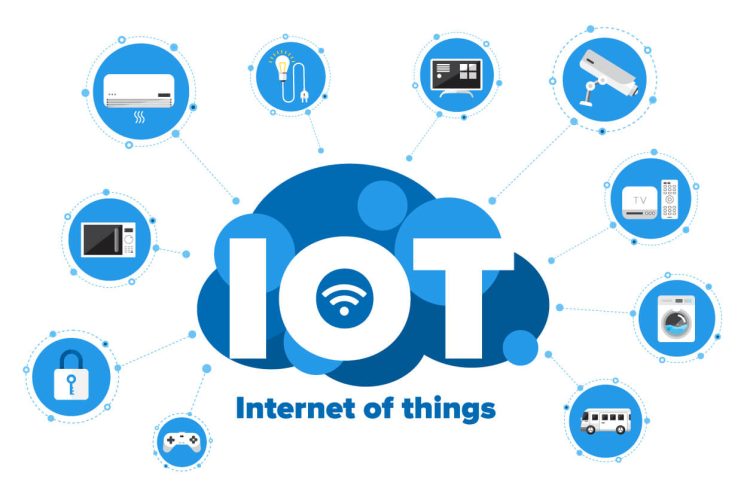I. Introduction
The healthcare industry stands at the brink of a digital revolution, with the IoT leading the charge. By 2030, it is expected that the number of connected medical devices will surpass 30 billion globally. These devices, ranging from wearable health trackers to smart surgical instruments, are transforming how healthcare is delivered—shifting the focus from reactive treatment to proactive, continuous care.
II. Remote Patient Monitoring
One of IoT’s most profound impacts is enabling remote patient care.
- Chronic Disease Management: Patients with diabetes, cardiovascular diseases, or respiratory conditions benefit from continuous data collection through wearable sensors.
- Elderly Care: Smart devices monitor vital signs, medication adherence, and movement patterns, allowing caregivers to intervene promptly in emergencies.
- Telehealth Integration: IoT devices share data with healthcare providers during virtual consultations, ensuring accurate diagnosis and treatment plans.
III. Smart Hospitals and Connected Infrastructure
IoT extends beyond patient wearables into the hospital ecosystem itself.
- Asset Tracking: RFID and IoT sensors help locate critical medical equipment quickly, reducing delays in treatment.
- Environmental Control: IoT systems regulate temperature, humidity, and air quality in sensitive hospital zones such as ICUs and operating theaters.
- AI-Powered Diagnostics: Data from connected imaging devices and laboratory systems improve diagnostic accuracy and reduce human error.
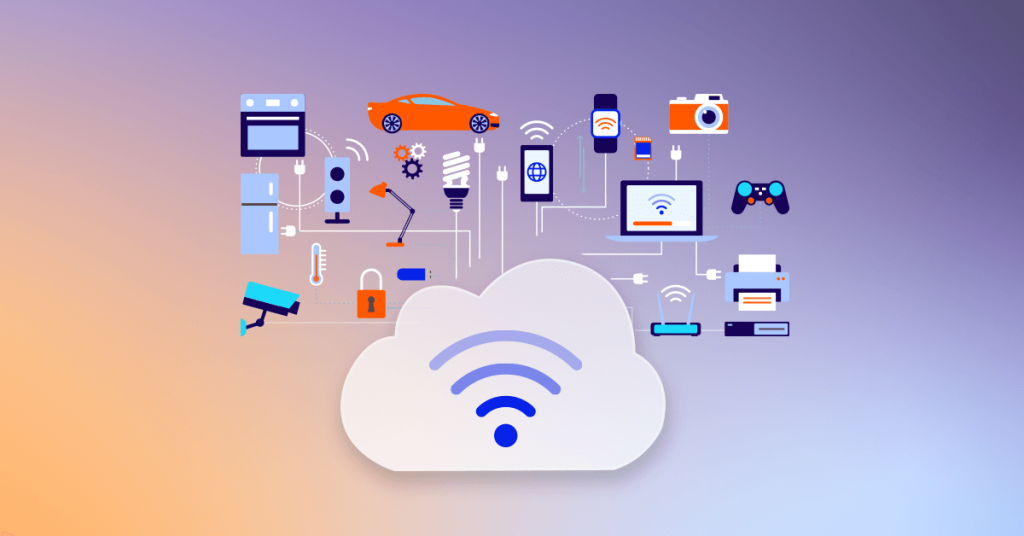
IV. Data-Driven Medicine
Healthcare is becoming increasingly data-centric, and IoT is the foundation for this transformation.
- Predictive Analytics: Combining IoT-generated data with AI models helps predict disease outbreaks, identify high-risk patients, and personalize treatments.
- Drug Development: Real-time patient data accelerates clinical trials and enhances drug efficacy testing.
- Operational Efficiency: Hospitals use IoT data to optimize staff allocation, reduce patient wait times, and manage costs.
V. Ethical and Security Challenges
IoT in healthcare introduces critical ethical and security issues.
- Privacy Concerns: Sensitive health information must be protected from breaches.
- Cybersecurity Risks: Vulnerabilities in connected devices can have life-threatening consequences.
- Regulatory Hurdles: Global health systems require unified standards for IoT device certification and data usage.
VI. Conclusion
IoT is revolutionizing healthcare by making it more patient-centered, efficient, and predictive. As we move forward, policymakers, healthcare providers, and technology developers must collaborate to ensure that innovation aligns with ethical standards and security protocols, guaranteeing that all patients benefit equally.





